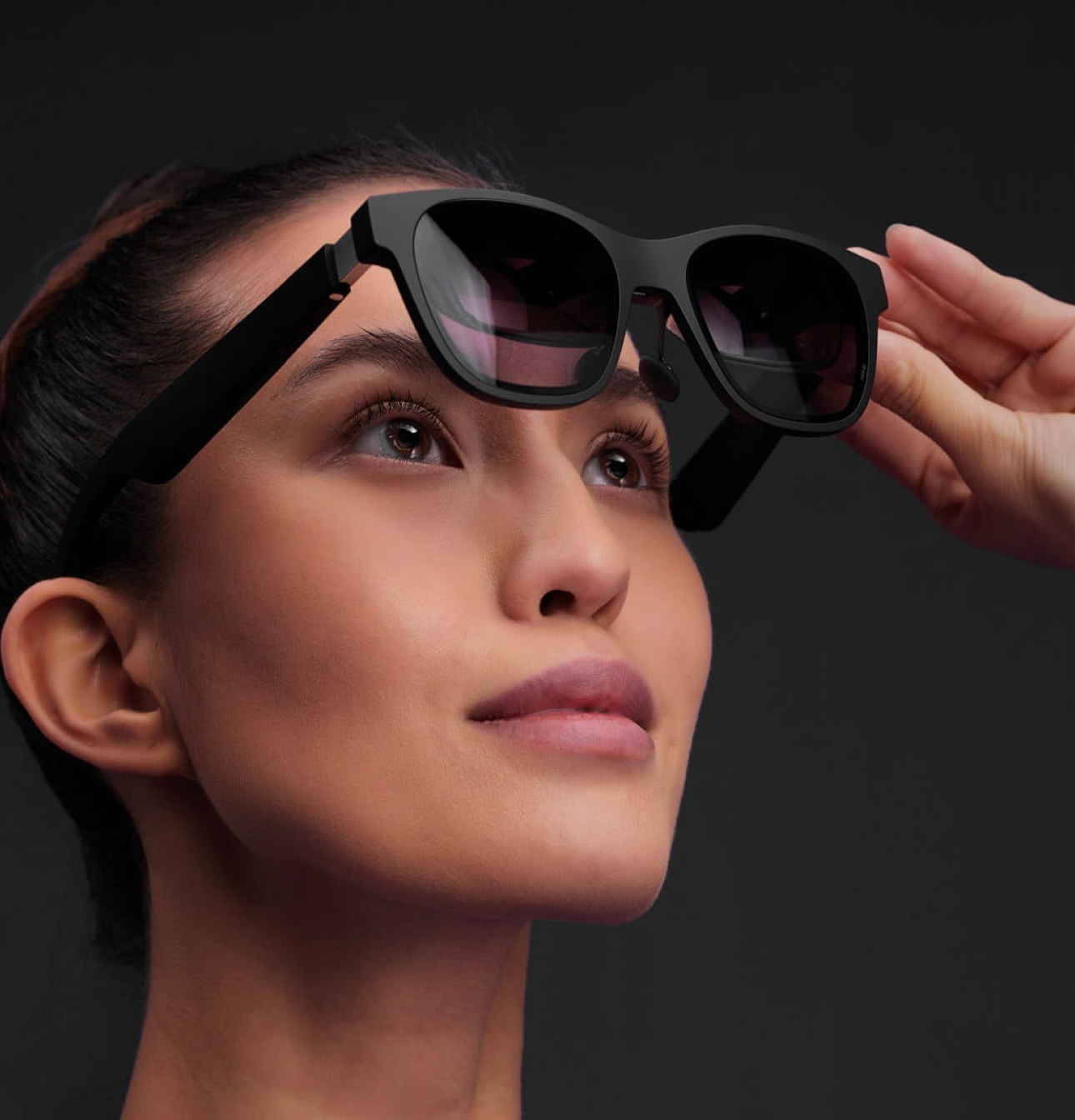Interest in Virtual and Augmented Reality Continues to Decline
New Research Shows Decline in Interest in VR and AR Technologies
New reports and surveys indicate that interest in virtual and augmented reality (VR and AR) is steadily diminishing. According to a recent survey by EY Consulting, only 24 percent of respondents reported that their companies have adopted VR and AR technologies, ranking it last among the technologies surveyed. The survey also revealed that even among those familiar with VR, only a small percentage actively use VR headsets at work or engage in virtual meetings or training. Another report by research firm IDC showed a significant decline of 54 percent in global shipments of AR and VR headsets compared to the previous year.
Augmented Reality Displays Show Growth Potential
While overall interest in VR and AR technologies is declining, there is a slight growth in the adoption of augmented reality displays. One notable example is Xreal’s Air AR glasses, which project holographic overlays onto transparent lenses. These glasses are lightweight, compatible with various devices, and are available at a relatively affordable price of $379. Although there is room for improvement in terms of design aesthetics, they offer an appealing alternative to the upcoming Apple Vision Pro headset.

Consumer Disinterest in AR and VR Continues
Despite efforts by companies to invest in AR and VR experiences, consumer interest remains low. A virtual store launched by J. Crew, for example, received mixed reviews as it lacked the convenience and tactile experiences of in-person shopping. According to a YouGov survey, 45 percent of J. Crew customers do not see any practical applications for AR or VR. While 67 percent recognize that these technologies enable product and service visualization, it seems that consumers prefer online alternatives that offer virtual models for a more seamless shopping experience.

Conclusion
The decline in interest in virtual and augmented reality technologies is evident both in the lack of adoption by companies and limited consumer excitement. Despite advancements in augmented reality displays, the overall market is struggling to gain traction. Furthermore, surveys indicate that customers favor alternative online shopping experiences over AR and VR platforms. While the potential for immersive technologies remains, there is a need for significant improvements in convenience, user experience, and practical applications to revive interest in VR and AR.